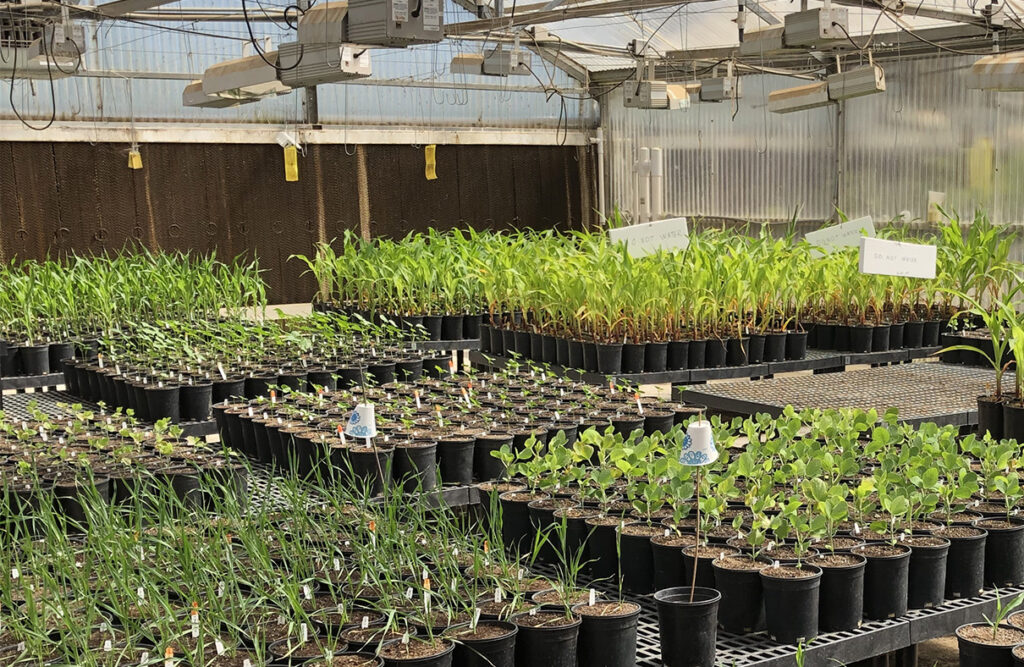BioConsortia, Inc. develops microbial products that protect plants, boost fertility, and increase yields. This week the US firm has announced its 2022 field trial results for its nematicide seed treatment products. These bring two new nematicide leads into the development pipeline, bringing the number of products in mid-to-late-stage development as nematicides applied as seed treatments to five.
Selecting single-strain, spore-forming beneficial bacteria
The five product leads ready for partnering from the BioConsortia nematicide pipeline are each based on single-strain, spore-forming beneficial bacteria. They were originally identified and optimised using the company’s patented Advanced Microbial Selection (AMS) process, which is used first to find and then to apply selection pressure that advances the microbe’s performance in response to a targeted stress. The platform’s cutting-edge GenePro genomics and gene-engineering platform enable it to predict, design, and unleash the natural power of microbes.
The new data demonstrate BioConsortia’s R&D platform consistently delivers a robust group of microbial product leads that increase yields in a variety of crops including vegetables, wheat, corn and soybeans. The 2022 nematicide pipeline report includes more than 250 data points collected across a wide variety of production practices, soil types, crops and nematode pests. The company’s multi-year testing program reported corn average yield increases of 5.7 to 9 bushels per acre with positive yield contribution as frequently as 89%, depending on the product.
“Our 2022 field studies demonstrate the strength of our nematicide discovery platform that relies on our patented Advanced Microbial Screening™ (AMS) process to identify strong, root-affiliated microbes that control pests and influence yield, and then to optimise their fit as nematicides,” said Marcus Meadows-Smith, CEO of BioConsortia. “With five unique nematode control product leads now validated through several years of field trials, we are actively partnering with leading companies from the seed, seed treatment and crop protection segments to advance these innovations to markets around the world.”
“Our focus on rugged, spore-forming bacteria results in products with long shelf-life, without handling or storage restrictions, that can be applied in low-dose rates to seeds,” said Dr. Hong Zhu, Senior Vice-president of R&D at BioConsortia. “We believe delivering products that are easy-to-use and integrated into existing farming practices speeds the introduction of innovation.”
BioConsortia’s research platform and product development strategy has similarly been used to facilitate the company’s quick entrance into the nitrogen-fixation segment, with more than a dozen microbial strains now in advanced field testing as solutions to increase crop yields in reduced levels of nitrogen. The company announced in 2021 a development and commercialisation partnership for nitrogen-fixation in some key territories with The Mosaic Company.



